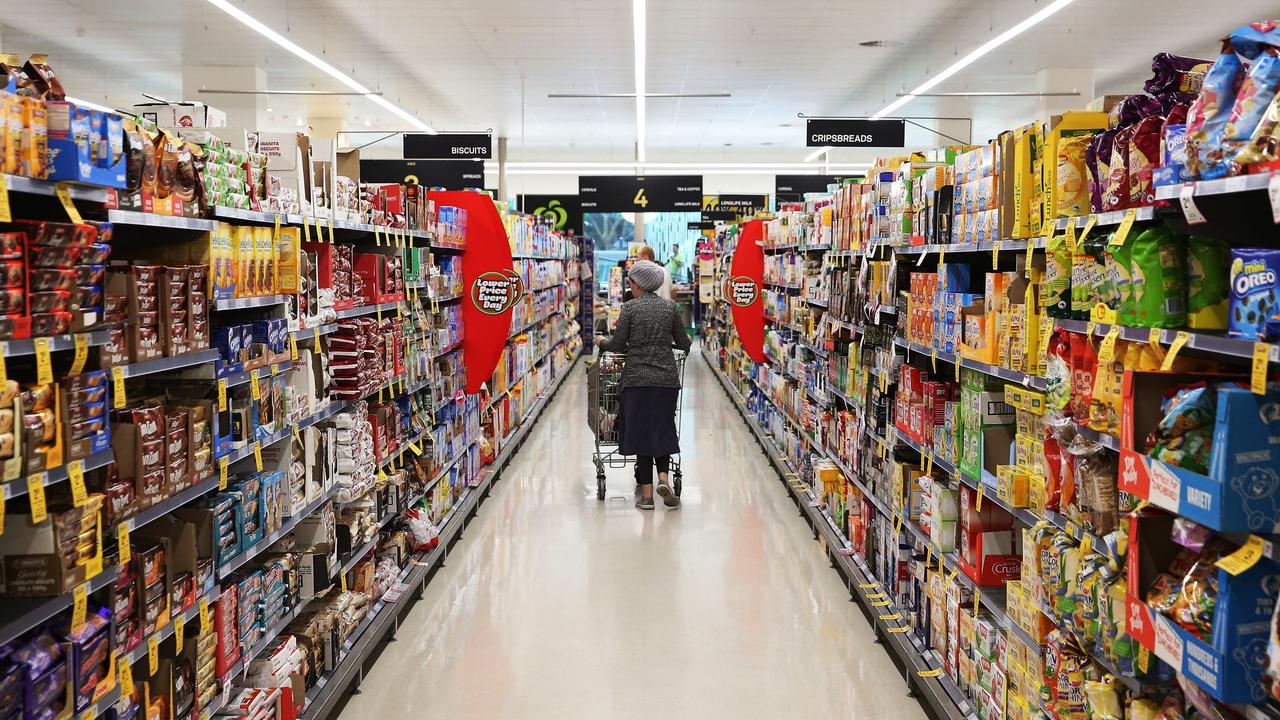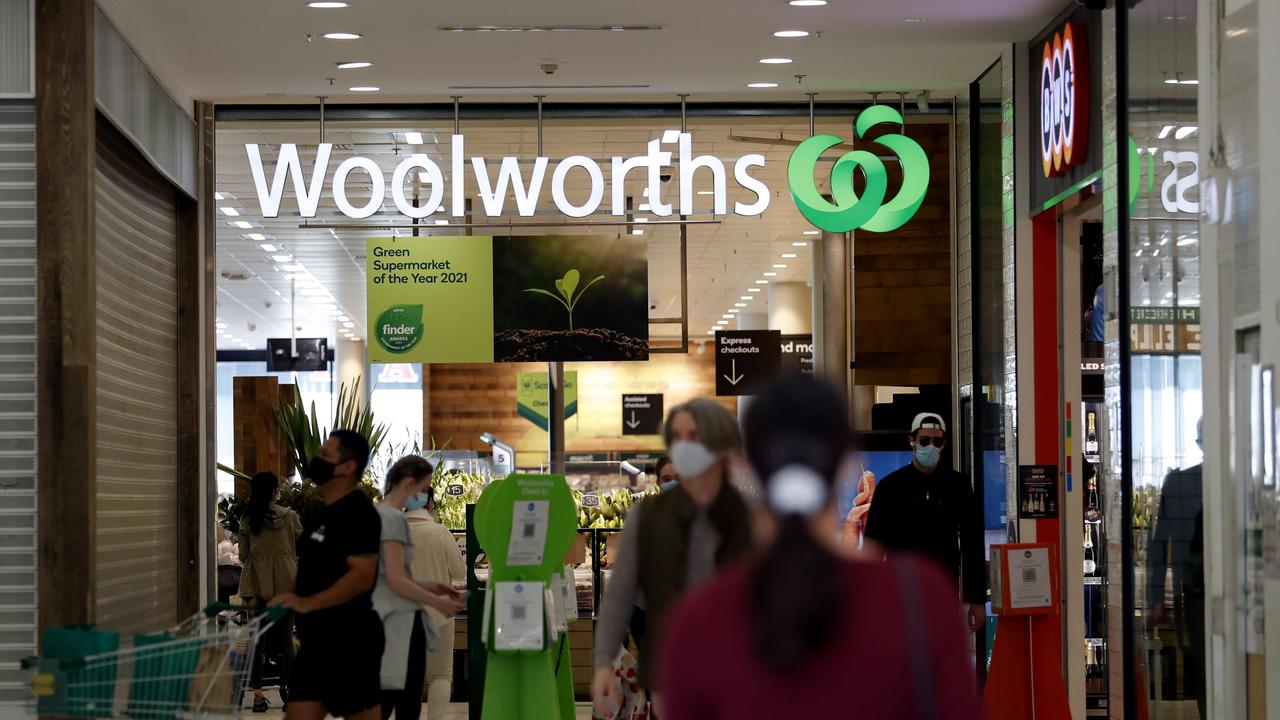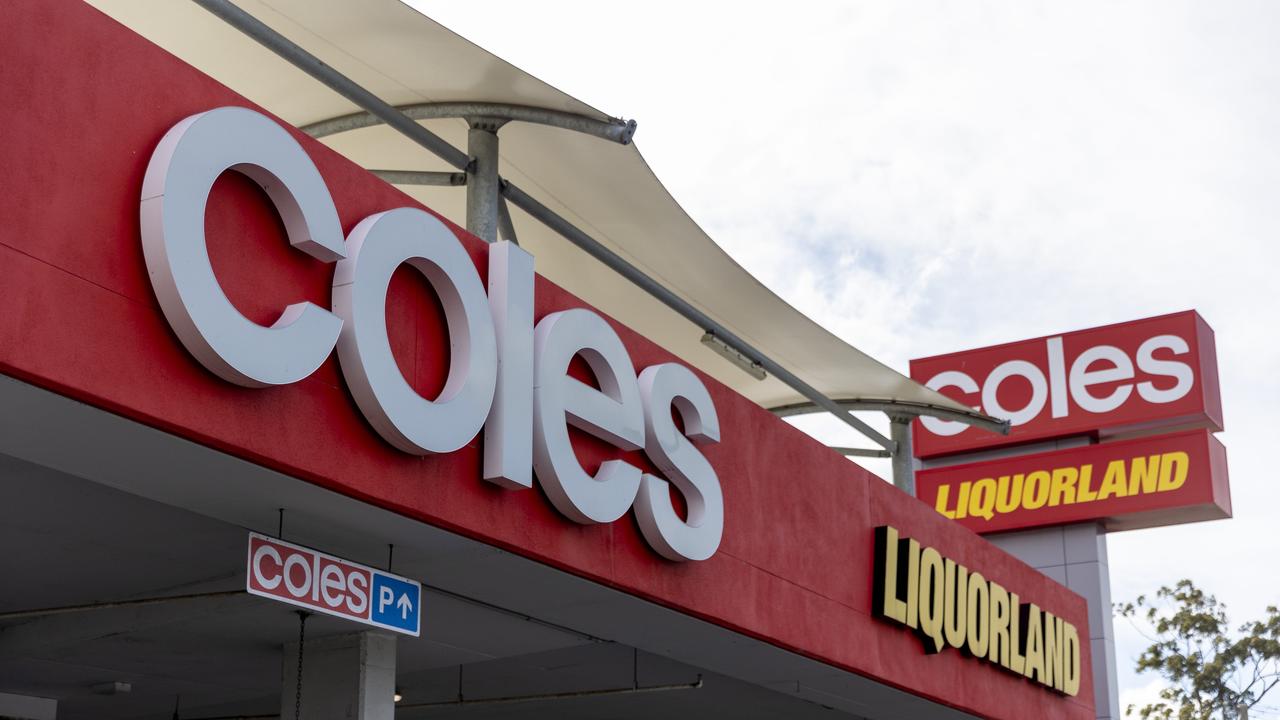New report reveals which supermarkets have healthiest, most Aussie foods
While it can seem like there are more healthy options than ever before a new report has found serious room for improvement at our supermarkets.
When it comes to eating healthy, shoppers could be better off buying their food at Woolies over Coles and Aldi, a new report released on Thursday has revealed.
The George Institute for Global Health has released its annual analysis into Australia’s packaged food supply, looking at which brands were best for selling healthy and locally-made products.
FoodSwitch: The State of the Food Supply report analysed over 18,000 Aussie food items assessing them on the basis of Health Star Ratings, whether they are heavily processed, Australia’s Dietary Guidelines and nutrient composition.
They found that Woolworths’ own branded food was the healthiest of all the supermarkets, followed by Coles, Aldi and IGA.
Topping the list of healthiest brands were companies like Sanitarium and A2 Milk, while beverage and junk food manufacturers was unsurprisingly at the bottom.

“Down the bottom of the list you see companies like Mondelez who make mostly confectionery, so it’s not surprising,” Dr Alexandra Jones, public health lawyer and senior research fellow at The George Institute, told news.com.au.
“But you can see how many products they make and just how unhealthy they actually are, they had an average health star rating of 1.1 (stars) overall.”
83 per cent of branded products from the supermarkets’ own brands carried a Health Star Rating, while only 43 per cent of all products from Australian food and beverage manufacturers displayed a Health Star Rating on its products.
“That’s what you tend to get when you have a voluntary policy, companies are using it where they get a good health star rating but they’re not putting it on products that don’t score well,” Dr Jones said.

While Dr Jones said this year’s report had found “some reduction in sugar” in Australian packaged foods there was still one healthy category that was worringly high.
“What’s disappointing is we have a government policy called the Healthy Food Partnership that’s had targets for reducing salt in the food supply now for over five years,” she said.
“There’s very little change and that’s because the policy is voluntary and companies are just not doing much, there’s not a lot of incentive.”
While salt wasn’t a “sexy topic” in health to talk about, too much could have dire health consequences, Dr Jones said.
“It is so clearly linked to high blood pressure and that’s linked to heart disease,” she said.
“So reductions in salt are really essential to improve a lot of people’s lives in Australia but there is very little change happening in the food supply.”

When it came to having the most Australian supermarket-branded products, Coles led the way with 68 per cent of its products eligible to display the kangaroo logo, followed by Woolies at 61 per cent, IGA at 58 per cent and Aldi at 49 per cent.
Lactalis and Lion Dairy & Drinks had the largest proportion of products able to display the kangaroo logo at 95 per cent and 87 per cent.
Country of Origin Labelling (CoOL) became mandatory for most foods from July 2018, with Dr Jones saying there was increasing interest in consuming locally sourced food.
“I think the world is moving towards policies that promote healthy and sustainable diets,” she said.
“What’s interesting is increasing interest from people on the environmental impact of their foods, and I think that’s really promising.
“Country of origin wasn’t brought in to support that goal originally, it was brought in around food safety … in the future more and more people want to know about aspects of their food to do which includes as only one of the factors how far the food has travelled.”






